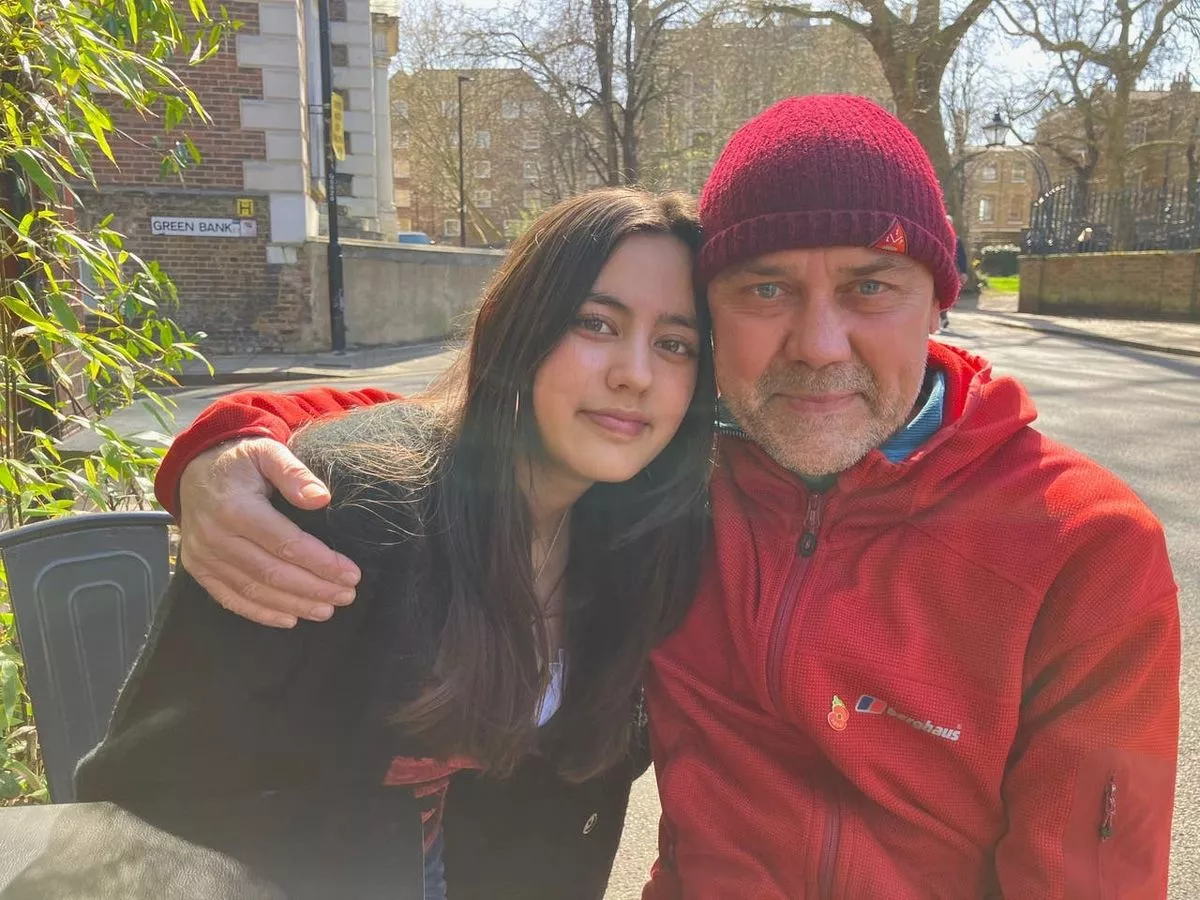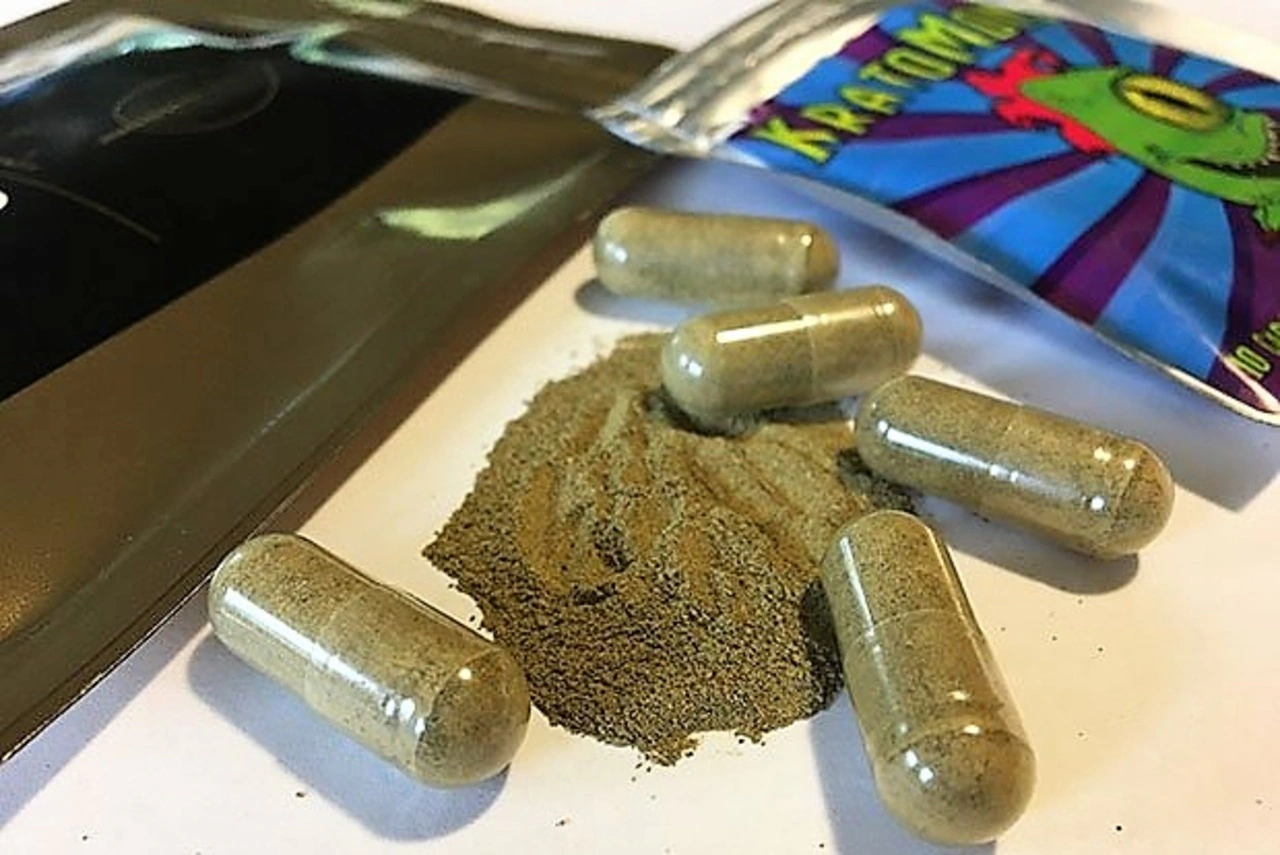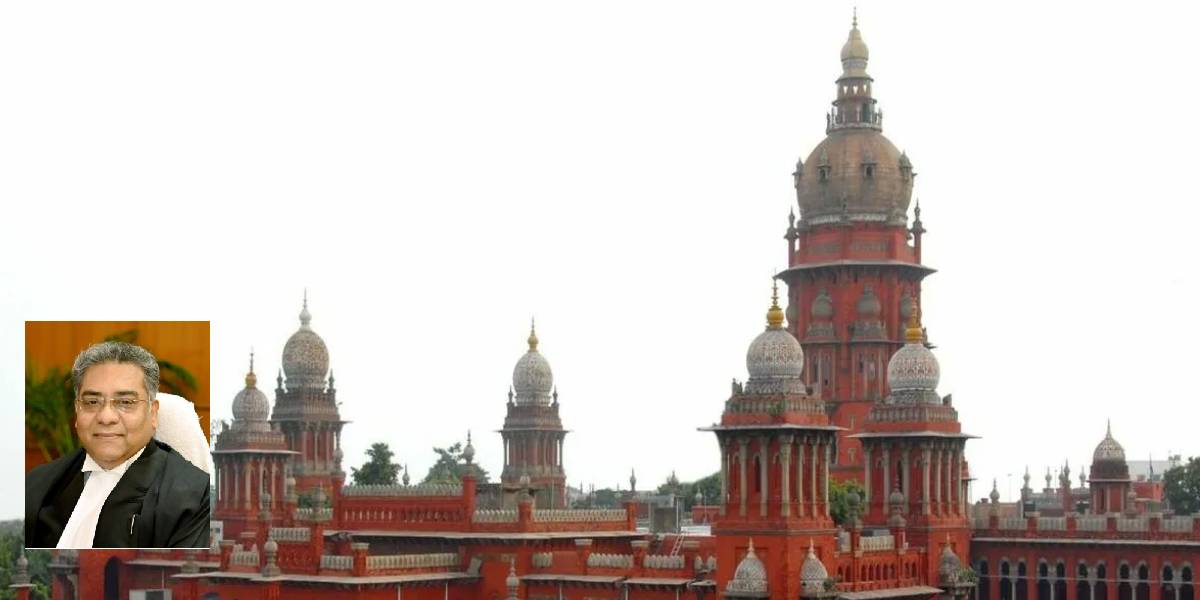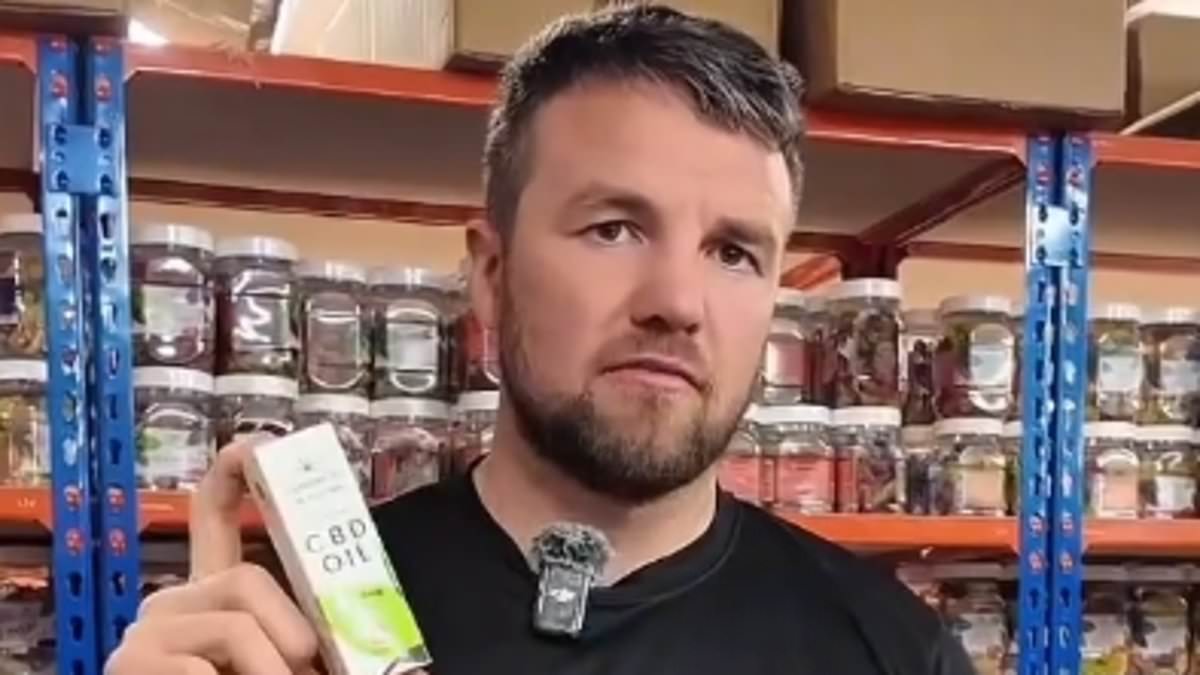Copyright dailyrecord

A dad has shared his feeling of being "lucky" after his incurable blood cancer was discovered when a stubbed toe led to a broken neck, as the disease was "eating away" at his bones. Paul Angliss, 62, initially dismissed his "really bad back pain" as wear and tear, even managing to "drag" himself to the summit of Mount Fuji in excruciating pain during a holiday in August 2024 with his partner of three decades, Priya Gohil, 52, and their 16 year old daughter Nancy. Paul, from north London, persevered with heat packs and painkillers, but in October 2024 he stubbed his toe on a chair in his bedroom which sent a "shockwave" up his spine and resulted in the C3 vertebra in his neck breaking. After seeking help at A&E, Paul, who works on financial reports, was told his condition was "really unusual" and he was diagnosed with myeloma, a type of blood cancer that affects the bones, which he described as a "real bomb". Paul promptly began chemotherapy treatment – and as of October 13 this year, he is in remission, his back pain has eased and he is sharing his story to raise awareness of the disease. "Myeloma weakens your bones – you wouldn't know you have it unless you do something like break a bone," Paul explained to PA Real Life. "They found something like 28 holes in my spine, so I was lucky that the myeloma was discovered early on. You're not making as much bone as you are losing it and if I hadn't had the break, things could have been much worse. "You can end up with a collapsed spine because the myeloma eats away at your bones." Myeloma, frequently called multiple myeloma, is a form of blood cancer that impacts the bone marrow and can trigger a broad spectrum of symptoms, Blood Cancer UK warns. The charity states that around 6,300 people across the UK are diagnosed with myeloma annually, and whilst there's presently no cure available, treatment can help manage the condition and prolong life. Last May, Paul was plagued by "really bad back pain" in his lower back, which he assumed was down to general wear and tear. He said he'd experienced comparable discomfort two years earlier and believed it had simply returned. In August 2024, Paul and his loved ones jetted off on holiday to Japan – where he "dragged" himself up Mount Fuji during a trek. Whille there, he and his family barely escaped being hit by lightning. "I kept telling Priya and Nancy to go ahead, you know being heroic, but all the energy from my legs just went every 10 steps," he remembered. "I'd sort of get my energy back and I stubbornly got to the top." Paul recalled witnessing storm clouds gathering as he reached the summit, and terrifyingly, he said Priya's hair began to stand on end. "I was talking to Nancy and Priya, facing them, and this bolt of lightning came around behind them, like a beast," he said. "It stopped, as if it was a real, living being just behind them. We were speechless, and we quickly made our way back down." Paul shared that he spent the remainder of the trip with heat patches attached to his back. However, in October 2024, Paul had an unfortunate incident in his bedroom when he stubbed his toe on a chair. "This shockwave went up my spine and I was paralysed, I had spasms in both sides of my neck," he recounted. Unbeknown to Paul, the impact from stubbing his toe had travelled up his back, resulting in a break in the C3 vertebra in his neck. He explained that Priya called for an ambulance, but the paramedics, unaware of the severity of Paul's injury, conducted a few checks, recommended he see his GP and provided him with pain relief medication. Paul revealed it took him "two-and-a-half hours" to lie down from standing as he was still unaware that his neck was broken – this led him to seek help at A&E a few days later. Following a series of tests, including an MRI, Paul said his neck was put into a brace and his doctor informed him his condition was "really unusual". "They told me they think I could have myeloma because it's really unusual for someone to stub their toe and break their neck – that was a real bomb," Paul remembered. A week later, Paul underwent further blood tests to confirm the diagnosis, which he felt "prepared" to receive. He was referred to St Bartholomew's Hospital in London, and expressed gratitude as his case was escalated "very quickly". He began receiving weekly chemotherapy injections into his stomach in November 2024, which lasted for four months. He underwent a stem cell transplant on April 10 this year, which left him temporarily fatigued and "a bit ill". Paul then moved into the maintenance phase of his cancer journey where he was monitored, before being offered the opportunity to participate in a new drug trial, which he commenced on 15 September. "I was apprehensive about it as it involved having a bone marrow biopsy, which I'd had before and it's really painful," Paul admitted. Fortunately, Paul found the procedure less painful the second time around, and he sought "useful" advice from a Macmillan Cancer Support forum before volunteering for the trial. In September this year, Paul received the news that there were no cancer cells in his blood, and following a bone marrow biopsy, he was informed on October 13 that he is now in remission. "My oncologist is very positive and there's lots of alternative treatment drugs I can start if the current ones start to lose their efficacy," he shared. "Some people go into remission for years, and it's an exciting time for myeloma in terms of the treatments which are being developed." Paul is now supporting Blood Cancer UK's campaign for increased awareness of the disease. He also praised Maggie's, a charity providing care and support for those affected by cancer, as a valuable resource. "If you're experiencing severe back pain and you can't attribute it to a strain or twist, I would recommend seeing your GP," he advised. "You learn a few lessons about yourself with something like this – you don't take your health for granted, you check in with yourself. "I had a lot of small mercies, such as still being able to work, having my family around me and being diagnosed early – some people don't have that."



